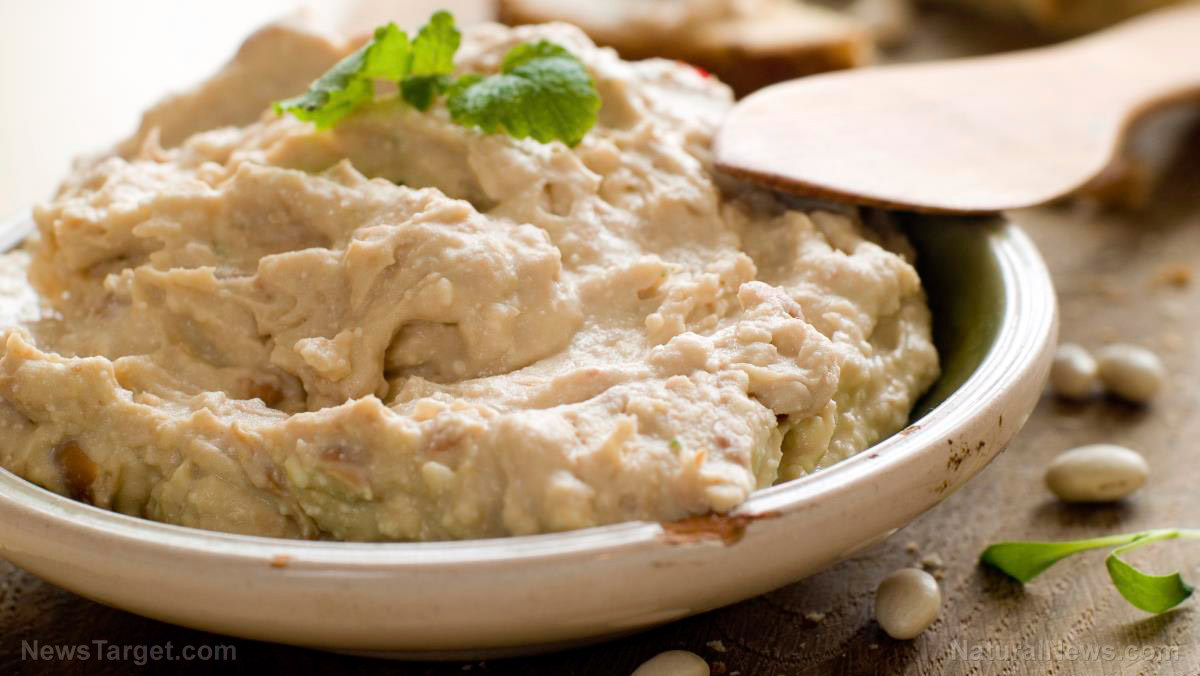Incorporating more “pulses” in your diet found to lower diabetes risk
03/04/2019 / By Tracey Watson

If you don’t have it, you probably know someone who does. Close to 30 million Americans have Type 2 diabetes, with 1.4 million more being added to the ranks on an annual basis. Pre-diabetes – which precedes diabetes if the patient doesn’t make drastic lifestyle changes – is also on the rise. The number of Americans diagnosed with this condition rose by 7 million in just two years, increasing from 79 million in 2010, to 86 million in 2012. Diabetes is the seventh leading cause of death in the United States. Now, a study published in the journal Clinical Nutrition reveals an easy, inexpensive way to dramatically reduce your risk of developing this devastating illness: increasing your intake of pulses.
What are pulses? Well, they form part of the food group known as legumes, and include peanuts, beans, chickpeas, peas and lentils. For their study, researchers examined 3,349 test subjects with an elevated heart disease risk for a period of four years. The study found that the subjects with the highest intake of pulses – just over an ounce a day – reduced their risk of developing Type 2 diabetes by more than a third. The study’s authors concluded that increasing one’s intake of pulses, in conjunction with adopting a Mediterranean diet, could help older adults with an increased risk of heart disease from developing Type 2 diabetes. The Mediterranean diet consists of lots of fresh fruit and veggies, fish, whole grains, good fats like olive oil and moderate consumption of red wine.
In spite of their myriad health benefits, pulses are not a common part of the Western diet. Nonetheless, there are many solid reasons to eat more of them.
A meta-analysis published in The American Journal of Clinical Nutrition examined 21 clinical trials to determine the effects of higher pulse consumption on weight management. The Canadian researchers determined that including more pulses in your diet can help you lose weight even when you aren’t specifically following a calorie-restricted diet. Since obesity increases your risk of many diseases, including diabetes and heart disease, healthy, sustainable weight loss is an important key to better health.
Pulses are also an inexpensive way to increase your intake of protein, fiber, minerals and vitamins, while being low in fat. Their high protein levels make them an excellent choice for vegans and vegetarians, and they are an excellent source of iron for everybody.
They also add density and flavor to dishes like soups and stews, which means you can use less meat, keeping costs down and reducing your fat intake. This is also excellent news for health-conscious people who prefer to buy free-range, hormone- and antibiotic-free meat. This type of meat is often a more expensive option, and pulses will help to s-t-r-e-t-c-h your healthier meat selection, while adding extra nutrients as part of the bargain.
Pulses are also high in fiber, and higher fiber consumption is linked with lower heart disease and diabetes risks.
Good news for those of us desperately trying to make sure we get our five portions of fruit and veg a day, is the fact that an 80 gram (2.8 ounce) serving of pulses counts as one of your portions.
One of the easiest (and most delicious) ways to add pulses to your diet is to have some homemade hummus as a snack every day. Hummus is delicious with fresh, raw veggies (crudités), and is actually really simple to make. Why not try this delicious recipe?
Ingredients:
- 3 cloves garlic
- ¼ cup plain yogurt
- 1 tsp olive oil
- ¼ tsp salt
- ¼ tsp paprika
- 1 pinch of black pepper
- 1 19-ounce can of chickpeas (drained and rinsed)
- 1 tbsp chopped, fresh parsley
Method:
Blend all ingredients in a blender until smooth. Add extra yogurt if necessary to achieve a smooth consistency. Chill before serving.
For more tips on how to avoid getting diabetes, visit DiabetesScienceNews.com.
Sources include:
ClinicalNutritionJournal.com [PDF]
Submit a correction >>
Tagged Under:
diabetes, fiber, heart disease, hummus, iron, legumes, prevention, pulses, research, vegans, vegetarians
This article may contain statements that reflect the opinion of the author
RECENT NEWS & ARTICLES
FoodCures.News is a fact-based public education website published by Food Cures News Features, LLC.
All content copyright © 2018 by Food Cures News Features, LLC.
Contact Us with Tips or Corrections
All trademarks, registered trademarks and servicemarks mentioned on this site are the property of their respective owners.





















